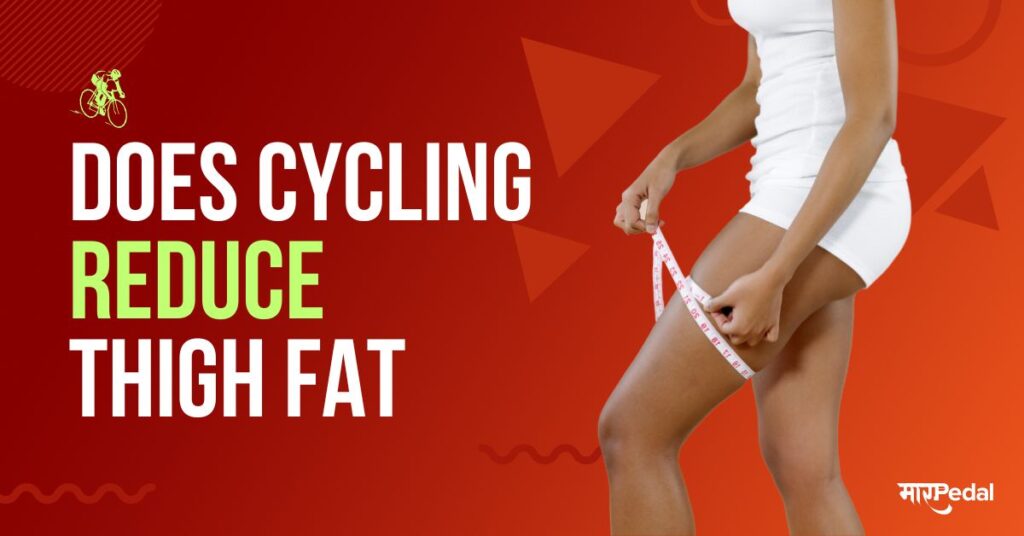
As a cyclist, maintaining a healthy and balanced diet is essential for optimal performance and overall well-being. The right nutrition can significantly impact your endurance, strength, and recovery, ensuring you get the most out of each ride.
In this article, we will explore the key components of a healthy diet for cyclists, from pre-ride preparations to post-ride recovery strategies.
Energy Demands of Cycling
Cycling is an intense physical activity that requires a substantial amount of energy. As a cyclist, it’s crucial to understand your energy expenditure during rides and plan your diet accordingly. Factors such as distance, terrain, and intensity all influence the number of calories burned.
Calculating Your Caloric Needs
To determine your daily caloric requirements, consider your basal metabolic rate (BMR) and the additional calories burned during cycling. Online calculators and fitness trackers can help you estimate these figures accurately.
The Importance of Carbohydrates
Carbohydrates are the primary fuel source for cyclists. Opt for complex carbohydrates like whole grains, fruits, and vegetables, as they provide sustained energy and prevent mid-ride crashes.
See also: Can we do Cycling after Dinner? Pros and Cons Explained
Pre-Ride Nutrition
Preparing your body with the right nutrients before a ride can significantly impact your performance and endurance on the road.
Timing Your Pre-Ride Meal
Consume a balanced meal containing carbohydrates, protein, and healthy fats 2-3 hours before your ride. This will give your body enough time to digest the food and ensure you have sufficient energy.
Hydration Matters
Proper hydration is crucial for cyclists. Drink water throughout the day leading up to your ride, and consider sports drinks with electrolytes for longer rides to replenish lost minerals.
Fueling During the Ride

Sustaining energy levels during extended rides is vital. Knowing how to fuel effectively can make a significant difference in your performance.
Snack Smartly
Pack easily digestible snacks like energy bars, bananas, or energy gels to consume during the ride. These will provide quick energy boosts without causing stomach discomfort.
Stay Hydrated
Remember to drink water consistently during your ride to prevent dehydration. Use a hydration pack or water bottles mounted on your bike for easy access.
See also: How Much Cycling to Lose Weight – Fuel Your Body Right
Post-Ride Recovery
Recovery is a critical aspect of any cyclist’s diet. Proper nutrition after a ride aids in muscle repair and replenishes depleted energy stores.
The Window of Opportunity
Consume a recovery meal within 30 minutes of completing your ride. This meal should consist of carbohydrates and protein to kickstart the recovery process.
Incorporate Healthy Fats
Adding sources of healthy fats, such as avocados or nuts, to your post-ride meal can further aid in reducing inflammation and supporting overall health.
Nutrition Tables for Common Foods
Here are some examples of the nutrition content in common foods that are beneficial for cyclists:
| Food | Calories (per 100g) | Carbohydrates (g) | Protein (g) | Fat (g) | Fiber (g) |
| Whole Grain Pasta | 131 kcal | 25.5g | 5.5g | 0.6g | 3.1g |
| Banana | 96 kcal | 22g | 1g | 0.2g | 2.6g |
| Grilled Chicken Breast | 165 kcal | 0g | 31g | 3.6g | 0g |
| Greek Yogurt | 59 kcal | 3.6g | 10g | 0.4g | 0g |
| Almonds | 579 kcal | 21g | 21g | 49g | 12g |
Sample Schedule: John’s Weekly Schedule
Here’s an example of a person’s schedule for a week:
| Day | Morning | Afternoon | Evening |
| Monday | Gym Workout | Work | Cycling |
| Tuesday | Yoga Class | Work | Rest |
| Wednesday | Jogging | Work | Swimming |
| Thursday | Gym Workout | Work | Cycling |
| Friday | Rest | Work | Tennis |
| Saturday | Cycling | Grocery Shopping | Family Time |
| Sunday | Rest | Brunch with Friends | Hiking |
Please note that this is just a sample schedule and can be customized according to an individual’s preferences and commitments. The schedule includes various physical activities, work, rest, and social time to ensure a well-balanced and productive week.
Conclusion
Maintaining a healthy diet is vital for cyclists looking to enhance their performance and enjoy their rides to the fullest. A well-balanced diet, tailored to meet the specific demands of cycling, can boost endurance, increase strength, and accelerate recovery. Remember to listen to your body, stay hydrated, and fuel properly to ensure you reach your cycling goals.
FAQs
What is the best diet for a cyclist?
A cyclist’s best diet is one that is balanced, nutrient-rich, and tailored to their training needs. It typically includes a good mix of carbohydrates for energy, proteins for muscle repair and recovery, and fats for longer-lasting energy. Carbohydrates are particularly important for cyclists, as they provide the quick energy needed during rides. Whole grains, fruits, vegetables, lean proteins, and healthy fats are all important components. Hydration is also crucial, so drinking plenty of water and fluids with electrolytes is necessary, especially during long rides.
What is the 5 2 diet for cyclists?
The 5 2 diet, also known as the Fast Diet, involves eating normally for five days of the week and then reducing calorie intake significantly on the other two days. For cyclists, this could mean consuming a standard, balanced diet five days a week and limiting calorie intake to about 500-600 calories on the other two days. This diet can potentially help in weight management and improving body composition, which are important for cycling performance. However, it’s essential to ensure that the low-calorie days do not coincide with high-intensity training days to maintain energy levels.
What is a superfood for cycling?
Superfoods for cycling are foods that are nutrient-dense and provide significant energy and health benefits. Examples include bananas, which are high in carbohydrates and potassium, oats that provide long-lasting energy, berries and cherries for antioxidants, nuts and seeds for healthy fats and proteins, and leafy green vegetables like spinach and kale for vitamins and minerals. These foods can help enhance endurance, reduce recovery time, and improve overall health.
What not to eat while cycling?
While cycling, it’s best to avoid foods that are high in fat and fiber as they are harder to digest and can cause gastrointestinal discomfort. This includes heavy, greasy foods and very high-fiber foods. Also, overly sugary snacks can lead to a quick energy spike followed by a crash. It’s advisable to avoid unfamiliar foods or anything that you know causes you digestive issues, especially before or during long rides.
Are eggs good for cyclists?
Yes, eggs are excellent for cyclists. They are a great source of high-quality protein, which is crucial for muscle repair and recovery. Eggs also provide essential vitamins and minerals, including vitamin B12, which is important for energy production. They can be easily incorporated into meals at any time of the day and are particularly beneficial as part of a post-ride meal for muscle recovery.
Are bananas good for cycling?
Bananas are very good for cycling. They are a quick source of carbohydrates, making them an ideal snack before or during a ride. Bananas are also rich in potassium, which helps to maintain nerve and muscle function, and they can aid in preventing muscle cramps. Due to their portable nature and ease of digestion, bananas are a convenient and effective food choice for cyclists.






